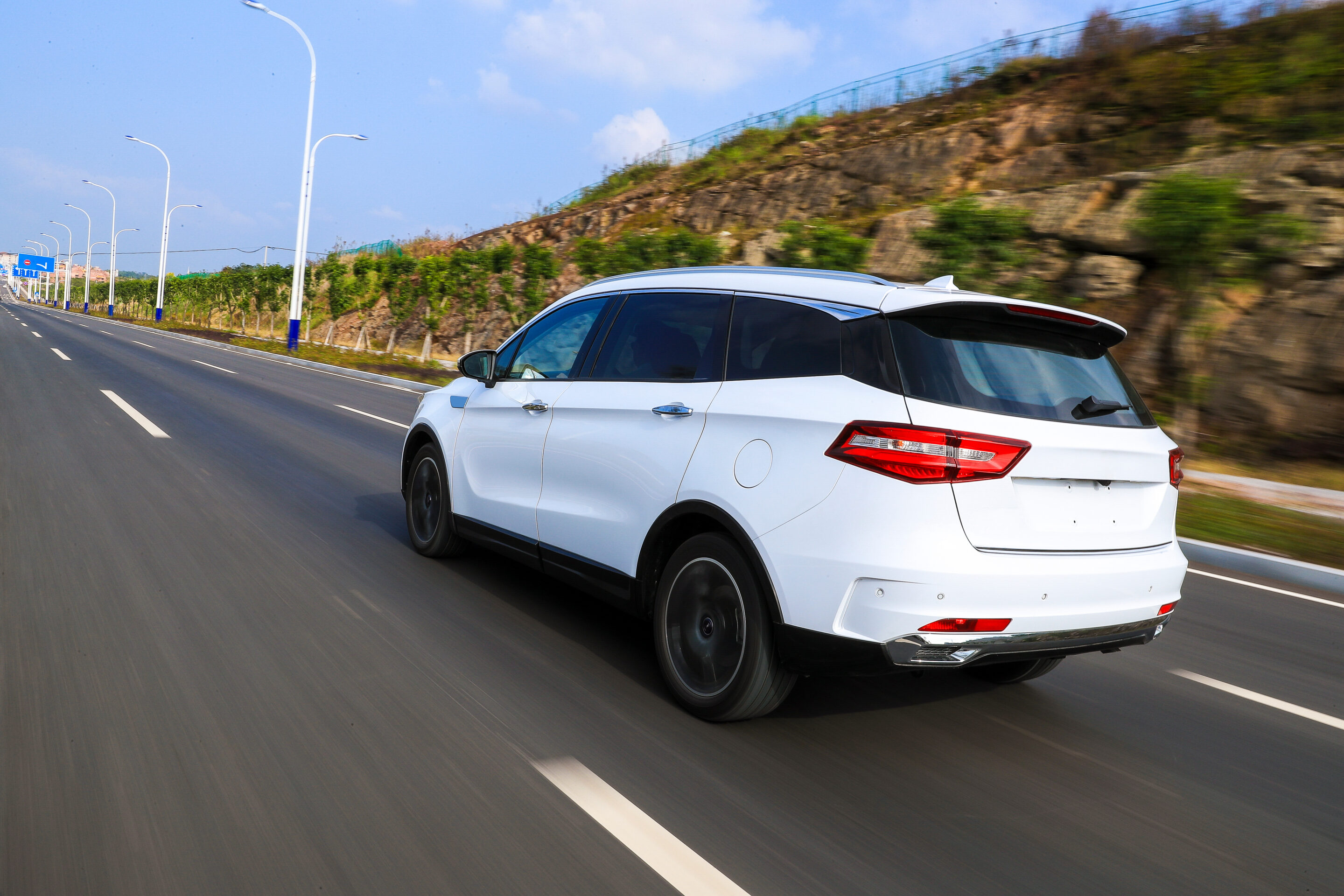In a landscape where technology constantly evolves to meet changing consumer demands, Artificial Intelligence (AI) drives significant changes in dealership operations.
From marketing to sales, AI is becoming an inseparable asset. This shift is highlighted by a survey from CDK Global, which shows a rising acceptance of AI in car dealerships, with 76% of executives and managers noting positive effects on their business.
Furthermore, 60% are optimistic about AI’s future role, particularly in enhancing service (63%), sales (61%), and marketing (46%). This article delves into the crucial role AI plays in transforming dealership practices and how it’s reshaping the landscape of automotive sales.
Elevating Dealership Marketing and Advertising
AI can significantly enhance dealerships’ marketing strategies, offering powerful tools for tailoring advertisements and developing messages that deeply connect with potential buyers. For example, a dealership could use AI to analyze the online behavior of visitors to their website, identifying those who spend a significant amount of time looking at specific models or features.
The dealership’s marketing team can retarget these potential buyers using personalized emails or social media ads featuring well-tailored promotions or information. It effectively nurtures their interest and increases the likelihood of a sale.
Moreover, AI tools can boost dealerships’ content marketing by crafting engaging product descriptions, captivating ad copies, quality blog posts, and informational FAQs through technologies like GPT. It also includes creating visual content like high-quality car photos, immersive 360-Spin virtual tours, and production-quality video tours.
Inventory Management and Sales
AI is reshaping how dealerships handle their sales pipelines. It enables them to ensure more accurate sales lead qualification, vehicle sales forecasting, and insights into accessory or bundle sales opportunities.
By adopting AI, dealerships are empowered to strategically manage their inventory, transitioning from a reactive stance to a proactive one. An example of this action is an AI-powered lead generation system that works with a dealership’s CRM and is adept at identifying prospects likely to purchase. It can recommend specific vehicles and personalized sales tactics based on the unique preferences of each customer to streamline the sales approach.
This strategic use of AI refines the sales process and enhances dealership operations’ overall efficiency and effectiveness.
Customer Service
AI is revolutionizing customer service across various sectors by automating responses, personalizing interactions, and enhancing efficiency. It can streamline the entire car buying process seamlessly by analyzing vast amounts of data for deeper customer insights, enabling services to be tailored to individual preferences and behaviors.
AI-powered chatbots and virtual assistants provide immediate, 24/7 support, handling various inquiries with personalized answers and freeing human agents for more complex issues. Additionally, AI can predict future customer needs, offer proactive support, and improve the accuracy and speed of service through intelligent routing.
By employing sentiment analysis, businesses gain valuable feedback on customer satisfaction, allowing for continuous improvement.
Service and Maintenance
AI’s role in repair and maintenance is defining a new era of dealership service. By predicting maintenance needs through data analysis, AI enables dealerships to schedule services, proactively minimizing customer downtime. Intelligent diagnostics tools powered by AI swiftly identify issues, reducing the time cars spend in the shop and improving repair accuracy.
Additionally, AI-driven systems can personalize service recommendations, ensuring customers receive timely and relevant maintenance advice. This facilitates the service process, and fosters trust and loyalty among customers, as they receive more accurate, efficient, and tailored service experiences.
Conclusion
AI’s integration into dealership operations reshapes the automotive industry and enhances marketing, sales, customer service, and maintenance. As AI technology advances, its role in automotive retail becomes increasingly vital. It realizes a future where dealerships offer more tailored and efficient services, setting new standards in the industry.









